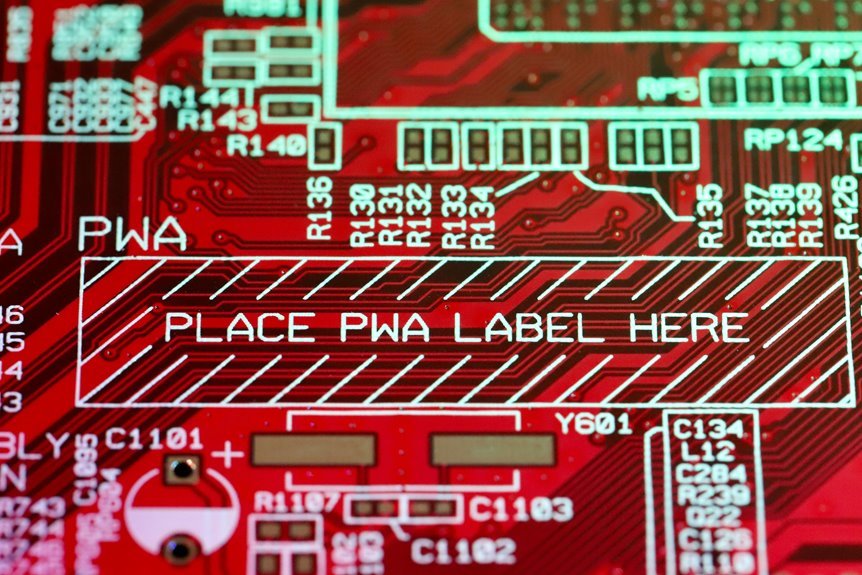
The circuit break at 8664035512 stemmed from a combination of network overload and excessive traffic. This scenario led to significant signal interruptions, undermining system integrity. Inadequate bandwidth allocation, alongside unexpected spikes in user demand, intensified the disruption. The situation raises critical questions about existing infrastructure and response protocols. Understanding these factors is essential to address future connectivity challenges effectively.
Possible Technical Glitches Behind the Break
Numerous technical glitches may have contributed to the circuit break at 8664035512.
Signal interruption likely stemmed from network overload, where excessive traffic compromised system integrity. This disruption can arise from inadequate bandwidth allocation or unforeseen spikes in user demand.
Such technical failures highlight the importance of robust infrastructure to maintain seamless connectivity, essential for users seeking autonomy in an increasingly interconnected world.
Impact on Users and Businesses
The circuit break at 8664035512 has significant ramifications for both users and businesses, disrupting operations and limiting access to vital services.
User impact includes increased frustration and reduced productivity, as essential applications become inaccessible.
Concurrently, business disruption manifests in financial losses and reputational damage, as companies struggle to maintain service continuity.
This incident underscores the critical need for robust infrastructure to mitigate such occurrences.
Analyzing the Response to the Incident
While evaluating the response to the circuit break at 8664035512, it is crucial to assess how stakeholders reacted to the incident.
User feedback highlighted concerns regarding service reliability, prompting immediate investigations.
Stakeholders, including service providers, prioritized transparency and communication to restore confidence.
An analytical overview of these responses reveals a commitment to addressing user concerns and enhancing future service continuity.
Preventative Measures for Future Connectivity Issues
Building on the insights gathered from the incident response, stakeholders must implement robust preventative measures to mitigate future connectivity issues.
Establishing network redundancy is crucial, ensuring that alternate pathways remain available during disruptions. Additionally, instituting comprehensive troubleshooting protocols will facilitate rapid identification and resolution of potential failures.
Together, these strategies will promote greater resilience and maintain uninterrupted connectivity across systems, fostering an environment of operational freedom.
Conclusion
In conclusion, the circuit break at 8664035512 underscores the critical need for enhanced network infrastructure and effective traffic management. For instance, after a similar incident at a major telecommunications provider, implementing dynamic bandwidth allocation significantly reduced future disruptions. This case illustrates the importance of robust contingency plans and real-time monitoring to respond to unforeseen demand spikes, ultimately ensuring system integrity and improving service reliability for users and businesses alike.




